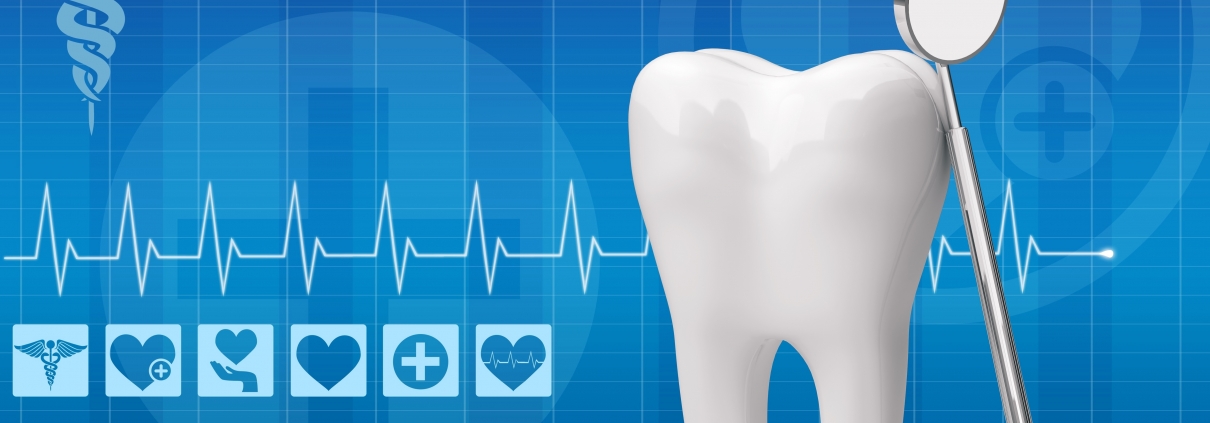Dental Health and Heart Disease
Dental health is often seen as an essential aspect of overall well-being. However, recent research has brought to light a surprising connection between dental health and heart disease. As scientists delve deeper into the intricate relationship between these seemingly unrelated conditions, evidence suggests that maintaining good oral hygiene might be more critical than we previously imagined in safeguarding cardiovascular health. In this article, we will explore the intriguing links between dental health and heart disease and highlight the importance of proper oral care in promoting a healthier heart.
The Oral-Systemic Connection
Traditionally, dentistry and cardiology have been treated as separate medical disciplines. However, emerging studies have established that the health of our mouth is intricately connected to the well-being of our heart and blood vessels. This connection is known as the oral-systemic link. The primary culprit behind this connection is periodontal disease, commonly referred to as gum disease.
The Link between Periodontal Disease and Heart Disease
Periodontal disease is a bacterial infection that affects the tissues and bones supporting the teeth. When left untreated, it can lead to gum inflammation, gum recession, and even tooth loss. However, the bacteria causing periodontal disease can also enter the bloodstream through inflamed gum tissues, traveling to other parts of the body, including the heart.
Several mechanisms contribute to the association between periodontal disease and heart disease.
Inflammation:
Both periodontal disease and heart disease involve chronic inflammation as a fundamental process. Inflamed gums release inflammatory markers into the bloodstream, which can contribute to the development and progression of atherosclerosis (narrowing and hardening of the arteries).
Bacteria and Plaque:
The bacteria present in periodontal disease can attach to fatty plaques within the arteries, making these plaques more unstable and prone to rupture. This rupture can trigger blood clots, leading to a heart attack or stroke.
Immune System Response:
The body’s immune response to chronic periodontal infection can contribute to systemic inflammation, further stressing the cardiovascular system.
Research Evidence
Numerous studies have explored the relationship between dental health and heart disease. One significant study published in the Journal of the American Heart Association in 2018 found that individuals with severe periodontal disease had a 59% higher risk of experiencing a major adverse cardiovascular event, such as a heart attack or stroke, compared to those with healthy gums.
Another study, conducted by researchers at Harvard University, revealed that treating periodontal disease can improve endothelial function (the lining of blood vessels), which is crucial for heart health. This suggests that addressing gum disease could potentially have a positive impact on overall cardiovascular well-being.
Prevention and Management
Given the compelling evidence connecting dental health to heart disease, taking proactive steps to prevent and manage periodontal disease becomes paramount for maintaining a healthy heart. Here are some essential practices:
Regular Dental Check-ups:
Visit your dentist at least twice a year for thorough dental examinations and cleanings. Early detection and intervention can help prevent the progression of gum disease.
Brushing and Flossing:
Maintain a diligent oral hygiene routine, brushing your teeth at least twice a day and flossing daily to remove plaque and bacteria from between the teeth and along the gumline.
Healthy Diet:
A well-balanced diet rich in fruits, vegetables, whole grains, and lean proteins can promote both dental and cardiovascular health.
Avoid Smoking and Limit Alcohol:
Smoking and excessive alcohol consumption can increase the risk of both periodontal disease and heart disease. Quitting smoking and moderating alcohol intake can significantly improve overall health.
The connection between dental health and heart disease has unveiled a new dimension in medicine. Evidence indicates that maintaining healthy gums and teeth is not only vital for a confident smile but also crucial for reducing the risk of cardiovascular problems. By recognizing the oral-systemic link and adopting preventive measures, we can take significant strides towards promoting better overall health, both for our mouths and our hearts. Remember, a beautiful smile might just be the mirror to a healthier heart.




